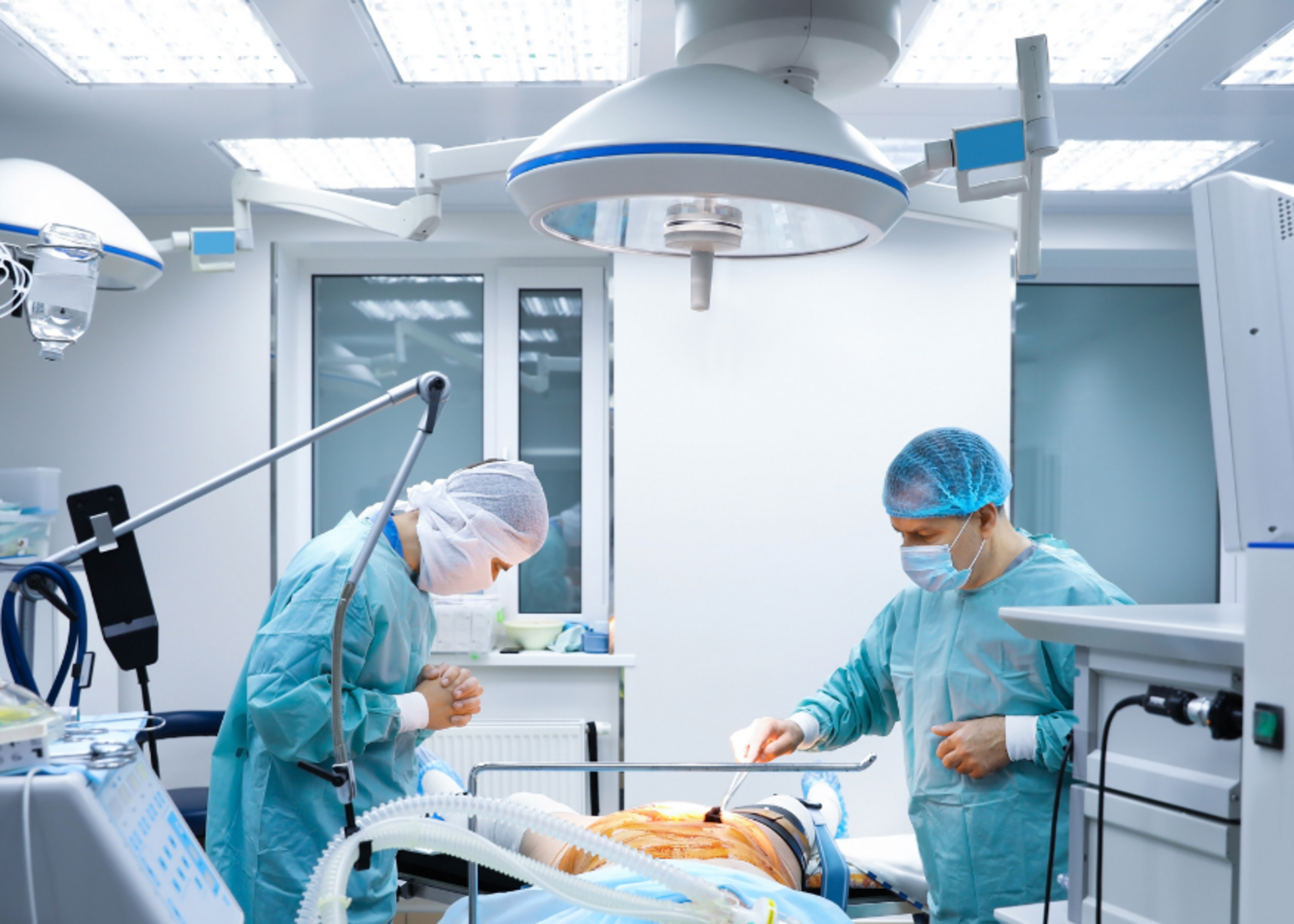A cancer diagnosis can be overwhelming, and surgery is often a crucial step in the treatment journey. Whether the goal of the surgery is to remove a tumor, relieve symptoms, or improve quality of life, being well-prepared—both physically and emotionally—can significantly enhance your recovery.
As a Consultant Cancer Surgeon in Latur, Dr. Priyanka Rathod emphasizes the importance of a structured plan for pre-operative and post-operative care to ensure better outcomes and faster healing.
Understanding the Purpose of Cancer Surgery
Cancer surgery may be performed for several reasons, such as:
- Diagnosis (biopsy or tissue removal)
- Curative intent (removing cancerous growth)
- Palliative care (relieving symptoms)
- Reconstructive surgery (e.g., after breast cancer surgery)
Regardless of the purpose, preparation is key.
Pre-Operative Care: Getting Ready for Surgery
1. Medical Evaluation
Before surgery, your doctor will order tests like blood work, imaging (CT, MRI, PET scan), and cardiac evaluations to assess your fitness for anesthesia and surgery. Disclose all current medications, allergies, and previous surgeries.
2. Understanding the Procedure
Have a detailed discussion with your cancer surgeon. Ask:
- What will the surgery involve?
- What are the expected risks and benefits?
- How long will the recovery take?
Being informed helps reduce anxiety and sets realistic expectations.
3. Lifestyle Preparations
- Nutrition: Eat a balanced diet rich in proteins, vitamins, and minerals to improve immunity and healing.
- Quit Smoking & Alcohol: These can affect anesthesia and slow recovery. Try to stop at least 2–4 weeks before surgery.
- Physical Activity: Light exercise (if approved by your doctor) before surgery can improve stamina and post-surgery recovery.
4. Emotional Readiness
Facing surgery can be emotionally taxing. Talking to a counselor, joining a cancer support group, or having open conversations with family members can help reduce stress.
5. Logistical Planning
- Arrange for someone to accompany you to the hospital.
- Pack essentials like comfortable clothes, slippers, and important medical documents.
- Plan for time off work and arrange help at home if needed post-discharge.
Post-Operative Care: Supporting Recovery After Surgery
Your recovery depends on the type and extent of surgery, your overall health, and how closely you follow post-operative care instructions.
1. Hospital Stay
- After surgery, you may stay in the hospital for observation, pain control, and wound care.
- The surgical team will monitor vital signs, fluid balance, and the function of the operated area (e.g., bowel, bladder, etc.).
- Pain is normal, but manageable with prescribed medication. Inform the nurse if pain is severe or persistent.
2. Wound Care
- Keep the surgical site clean and dry.
- Follow your surgeon’s instructions for dressing changes.
- Watch for signs of infection such as redness, swelling, or discharge.
3. Activity & Movement
- Start moving as advised by your doctor to prevent blood clots and promote healing.
- Gradually increase physical activity as you regain strength.
- Avoid heavy lifting or strenuous activity until cleared by your surgeon.
4. Diet and Hydration
- Follow any dietary guidelines given post-surgery. Some procedures may require a soft or liquid diet initially.
- Stay hydrated to support recovery and medication absorption.
5. Medication Management
- Continue all prescribed medications, including antibiotics, painkillers, or any chronic disease medications.
- Take medications exactly as instructed, and report any side effects promptly.
Emotional and Psychological Support
Recovery isn’t just physical. Emotional healing is equally important. It’s normal to feel anxious, low, or fearful. Seek help if you experience:
- Persistent sadness or mood changes
- Trouble sleeping
- Loss of interest in daily activities
Support groups, therapy, or speaking with a psycho-oncology expert can make a big difference.
Follow-Up is Crucial
Post-operative follow-ups with your cancer surgeon are essential to:
- Monitor your healing
- Discuss biopsy results (if applicable)
- Plan further treatment like chemotherapy or radiation if needed
- Detect any signs of recurrence early
Never skip appointments, even if you’re feeling well.
Cancer surgery is a vital step toward healing and recovery. With the right preparation, a positive mindset, and continued follow-up, you can improve your surgical outcomes and return to daily life with renewed strength.
If you or a loved one is scheduled for cancer surgery, expert and compassionate care can make all the difference. Dr. Priyanka Rathod, Consultant Cancer Surgeon in Latur, is here to guide you through every stage—from pre-surgery consultation to full recovery. Book your appointment today for personalized cancer care.
